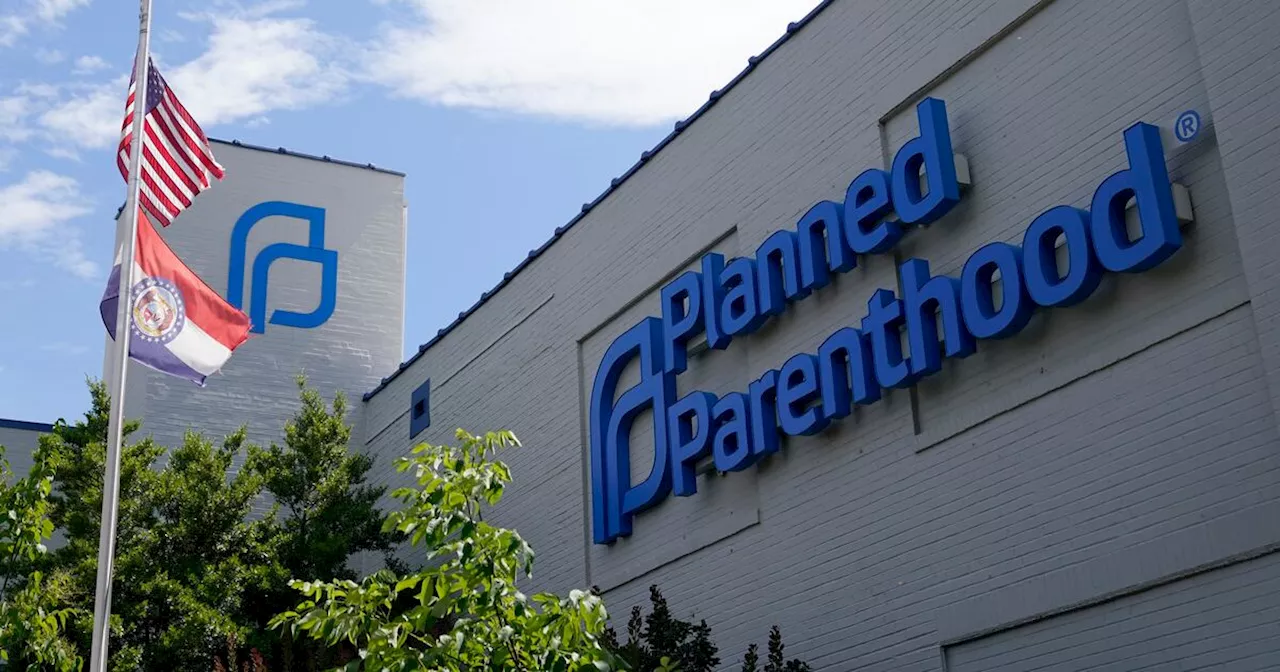UPDATE: Planned Parenthood is grappling with an urgent financial crisis as it faces clinic closures and funding gaps due to a federal Medicaid ban that took effect in July 2023. This ban has already led to the closure of 20 clinics, severely impacting healthcare access for low-income patients across the United States.
The ban, part of a provision in President Donald Trump’s One Big Beautiful Bill, prohibits healthcare providers that offer abortions from receiving over $800,000 in annual Medicaid reimbursements for essential services such as birth control, prenatal care, and cancer screenings. As a result, Planned Parenthood, the nation’s largest abortion provider, has spent more than $45 million providing free health services to Medicaid patients just in September alone, according to their latest report.
Planned Parenthood President and CEO Alexis McGill Johnson highlighted the dire situation, stating that without Medicaid support, more clinics could close, leaving countless Medicaid patients without access to affordable care. Across the country, the organization serves over 1 million Medicaid patients, and the repercussions of this ban are already being felt.
In a report released Wednesday, October 25, 2023, Planned Parenthood detailed the ongoing impacts of the funding cuts. The report coincided with a federal appeals court hearing arguments regarding their lawsuit against the Medicaid ban. Planned Parenthood’s leaders argue that this politically motivated initiative aims to undermine the organization due to its provision of abortion services.
Clinics that remain open are “being pushed to the brink,” as stated in the report. The organization struggles to navigate the financial fallout while continuing to provide necessary reproductive healthcare services. The crisis has become so severe that lawmakers in at least seven states, including California, Colorado, and New York, are stepping in to support Planned Parenthood with funds from state budgets to mitigate the financial strain.
Patients, particularly those relying on Medicaid, are anxious about their future care options. Luu Ireland, the chief medical officer of Planned Parenthood League of Massachusetts, shared a poignant story of a teenager who worried about losing access to birth control if her local clinic were to close. Such personal accounts highlight the human impact of this unfolding crisis.
As Planned Parenthood continues its legal battle against the Medicaid ban, the organization’s leaders are calling for immediate action from state lawmakers to address the crisis in accessible healthcare. The urgency of the situation cannot be overstated, as more patients face uncertainty about where to turn for essential services.
Next Steps: With the legal fight ongoing, the healthcare community and the public await the federal court’s decision on the Medicaid ban’s future. The implications of this ruling could drastically reshape the landscape of reproductive health services in the U.S. as Planned Parenthood strives to maintain vital healthcare access for its patients.
Stay tuned for further updates on this developing story as it unfolds.







